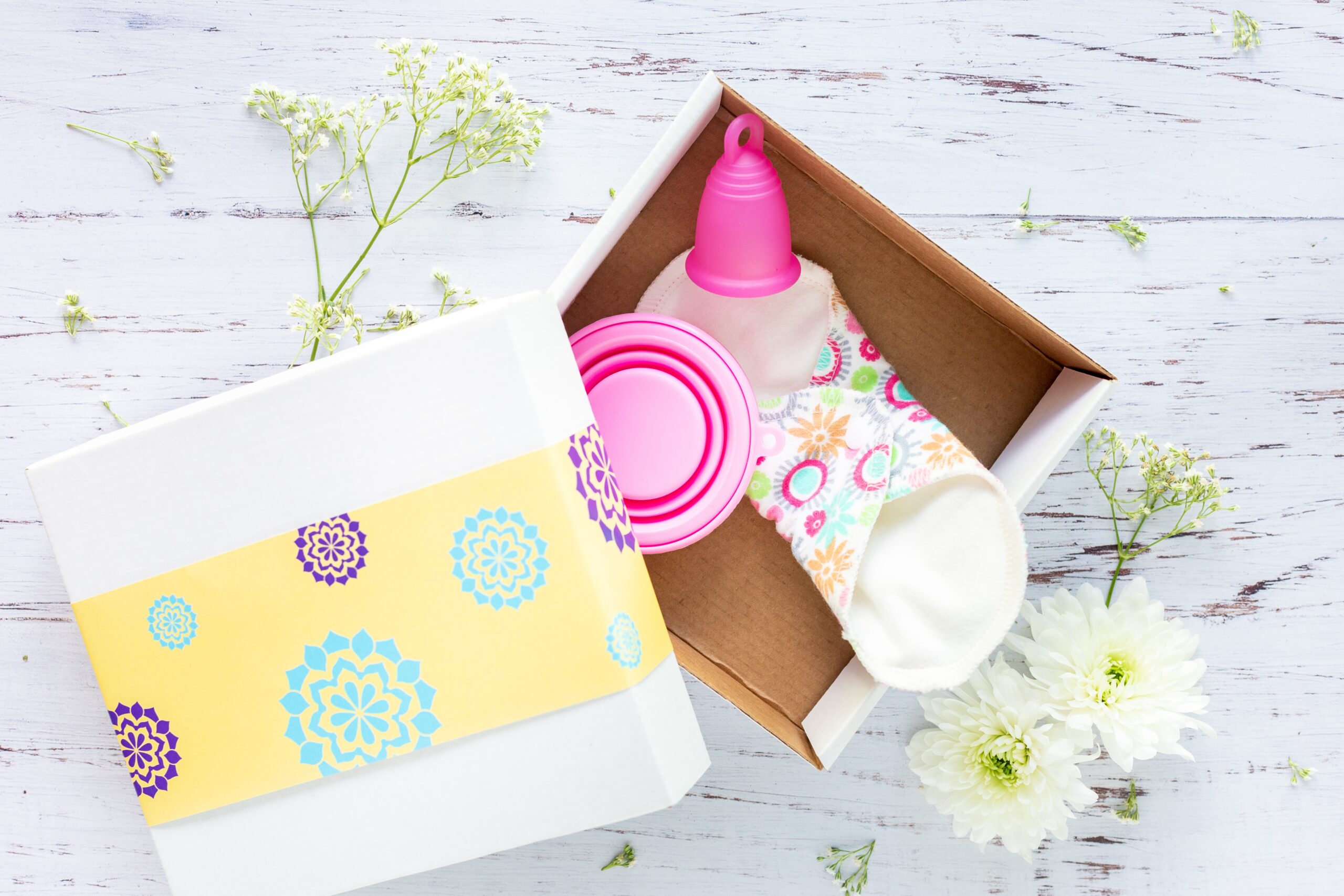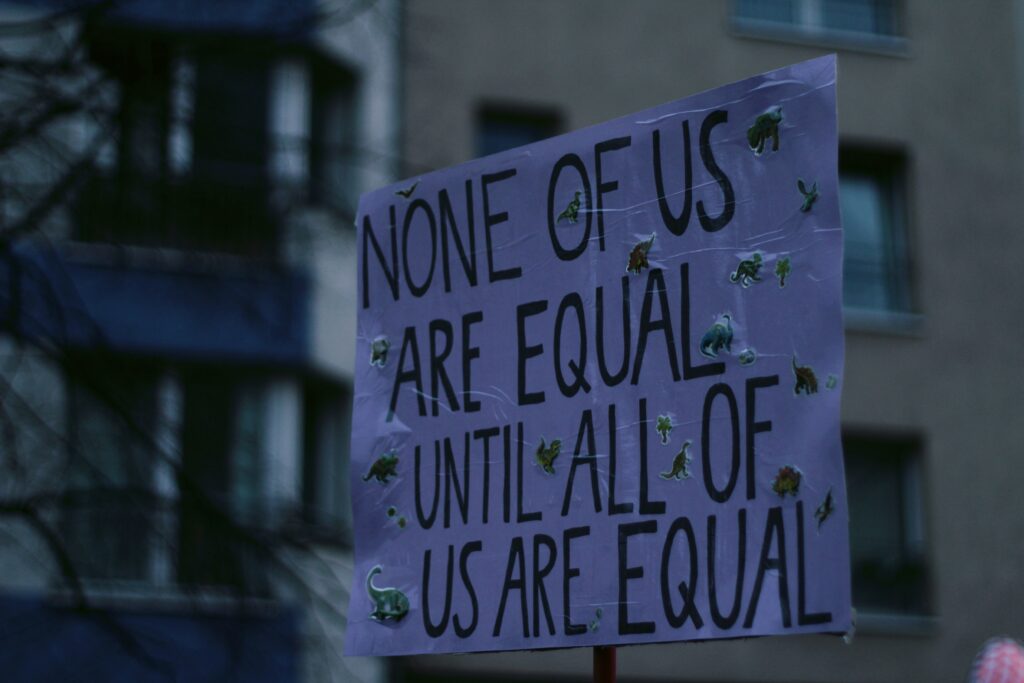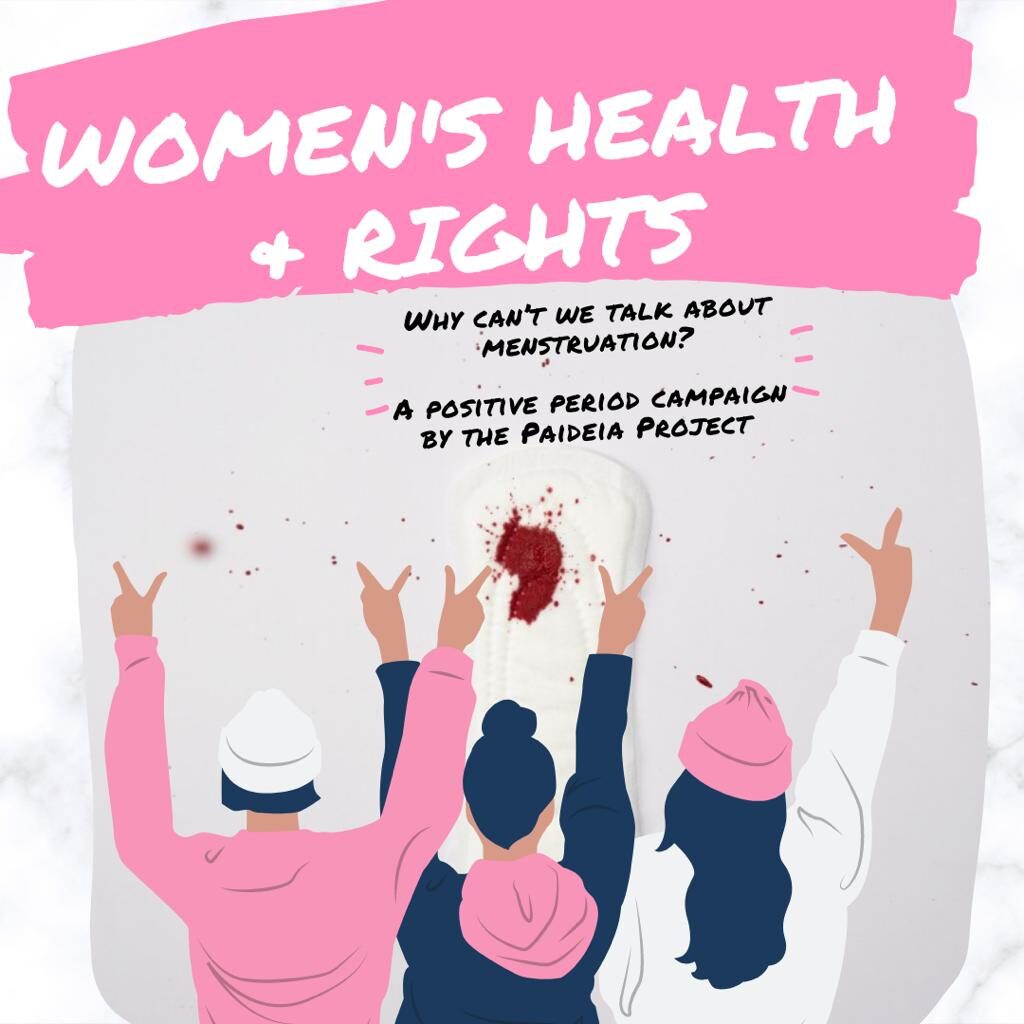The word MENSTRUATION is an avoided term that is often substituted for words such as Aunty Flo/Flow, Time of the month, Moon time, Red Wedding, Girl flu, and many more euphemisms that allow people to hide from the “discomfort” that the subject brings. These terms reinforce the stigma, myths, and taboos surrounding it and are a tool used for marginalization. Like many women, Mwenya fell subject to being ashamed of her biological process that is both normal and natural.
Mwenya remembers getting her menstrual period in ninth grade, during her transition into senior high. When she first got it, she hid it from her parents and sisters, and as a result, could not request menstrual products to be purchased for her. This meant that she had to improvise. While it may sound easy coming from a family of girls whose drawers she could easily open to get some when she was in need, this was not always the case. Mwenya found herself having to make reusable sanitary pads from the absorbent material that she found lying around the house.

Why did I hide this from my family?
Mwenya recalls when her sister started menstruating, some strange women came home with her mother. As they got closer, she spotted some familiar faces from their church. When they walked into their house, they did not talk much but requested for the word to call her sister, and the bedroom door was shut right behind them. Their faces wore this unhappy and solemn look that Mwenya could barely fathom and left her curious.
To find out what was going on, Mwenya pretended to need something from their room but was turned back, and the women proceeded to speak in low tones. Fortunately, her irritability of keeping something so mysterious from her and her curiosity to know what was going on behind those closed doors did allow her to know what had happened – her sister had started menstruating! Mainly, the conversations she heard from the bedroom were regarding this being taboo, touching on the common myths surrounding them, and what was expected of her sister now that she had reached her reproductive age.
Mwenya wondered how her sister felt being told that her world had completely changed by this involuntary action the female body perpetuates every single month. To that effect, Mwenya made the decision that she was not going to stand for it when her time came, even if keeping this a secret was one way to avoid being subject to these ridiculous societal and cultural norms and obligations.
Unfortunately, this did not last for long as one of her sisters reported a bloodstain she saw on Mwenya’s underwear to their mother. One morning, Mwenya was ambushed by “these women,” and she hated every second of that “period talk.” Even with her rebellious nature, there was something that it did to her. It created scenarios of fear in her mind that made her conceal anything to do with her menstruation. Unfortunately, she carried it with her throughout her senior high and thereafter.

Through researching the biology of menstruation and reproductive health, reading feminist manifestos, and engaging in conversations with other women about periods – whether good or bad – Mwenya was able to break out of the shell of shame and disregard everything society had taught her about them. Like many others, Mwenya used to hide her menstrual products and conceal any mention of her period out of fear of judgment and ridicule.
Fortunately, Mwenya was privileged enough to have access to resources like menstrual products and health facilities when needed, even though she kept them hidden. However, many young girls and women do not have the same access to reproductive health services and are further marginalized by the stigma surrounding menstruation.
What would I have done differently?
Mwenya wishes that the talk she received was both empowering and educational, rather than being used as a tool to suppress her power as a woman. Unfortunately, even the “happy jokes” the strange women cracked only served to reinforce the stigma, myths, and taboos surrounding menstruation. Mwenya believes that it would have been better if the room was filled with familiar faces, and her liberal family could have created a more positive and comfortable environment for her. She feels that we need to do better for the younger generation by including all genders, as oppression is intersectional and affects everyone. There is a lot of work to be done, and it starts with each and every one of us.

Closing with the words of Jen Gunter, “The era of menstrual taboos is over!” It’s time for us to acknowledge that the menstrual cycle is a natural and normal bodily function that half of the world’s population experiences. The stigma, myths, and taboos surrounding menstruation have gone on for too long, and it’s time for us to break that curse through education and understanding. We need to empower young girls and women by providing them with the knowledge and resources necessary to manage their periods and take care of their reproductive health. It’s time to recognize that the ability to bear life is a gift, not a curse, and that knowing how our bodies work is not an act of feminism, but a basic human right. Let’s work together to end the shame and stigma surrounding menstruation, and create a world where every menstruator can live with dignity and pride.

